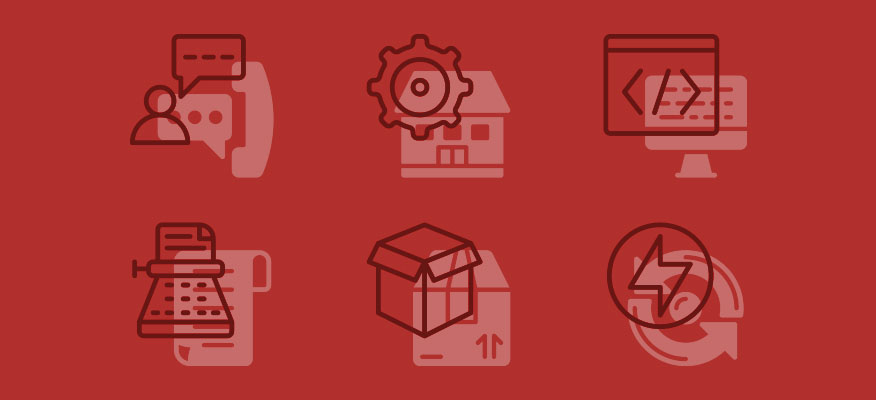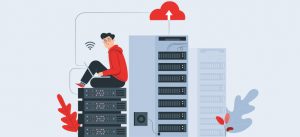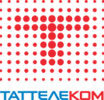
Regional application of systembilling
Billing is successfully implemented in various areas of business, allowing you to automate various processes. Initially, these systems were designed to conduct automated calculations and provide standardized reports when working with customers of mobile operators, cable or satellite television, Internet providers. Now billing, as a hardware and software "box" or cloud solution, is increasingly used in completely different areas of small, medium and large businesses.
Telecommunications
Telecommunications companies have become the main "locomotive" for the development of billing systems. This is quite a natural phenomenon, since even the simplest systems made it possible to effectively solve the following problems:
- Automation of calculations for used services (calls, SMS, Internet, etc.). All settlements, write-offs, information about the balance occur automatically in real time in fact, and not after a few hours or days.
- Self-service, service management. Subscribers can connect or disconnect certain services themselves.
Of course, the above examples of the application of billing in the field of telecommunications are only the most primary benefits. Currently, the system has taken on much more functionality.
Housing and communal services, energy retail companies
An understandable task for the application of billing in the housing and communal services sector is to prepare and send monthly "payments" to mailboxes, where calculations are fully automated at current rates for each client. Also, the functionality includes: automatic recalculations, work with debtors, monitoring the technical condition of various networks and much more.
SAAS, IAAS, PAAS
The sale of software products, applications, individual solutions depending on the model (SAAS, IAAS, PAAS), mutual settlements, self-management of data, services, and common access to projects are significantly simplified when implementing billing. This applies to cloud versions, and software, servers provided to customers under certain conditions.
Logistics
The application of billing in logistics solves the following problems:
- Processing of large volumes of information on customers – requests for transportation, calculation of routes, tariffs taking into account selected services (insurance, warehouse storage, customs clearance, etc.).
- Providing customers with data on cargo logistics in automatic mode – location tracking, calculation of arrival time, cost, etc.
Also, based on billing data, you can calculate the most optimal transport routes. Since the amount of data obtained is large enough, a person manually will not be able to calculate all the likely improvements.
Energy sphere
In this industry, it is necessary to automate the process of selling electricity to industrial and household consumers, calculations for each company that transports electricity from the manufacturer (NPP, TPP, etc.) to the end customer. Reports are automatically generated and settlement transactions are posted. Consumers can manage the services they use. Billing allows you to simplify the transition to new tariff plans.
The implementation of billing is justified where the business uses big data, stores it for a certain time, and often refers to them. For example, large bases for thousands or more of subscribers, customers of retail chains, insurance companies, etc. We can say that these systems will help automate the processes of mutual settlements and the preparation of standardized reports in almost all areas of business where there are many customers.










